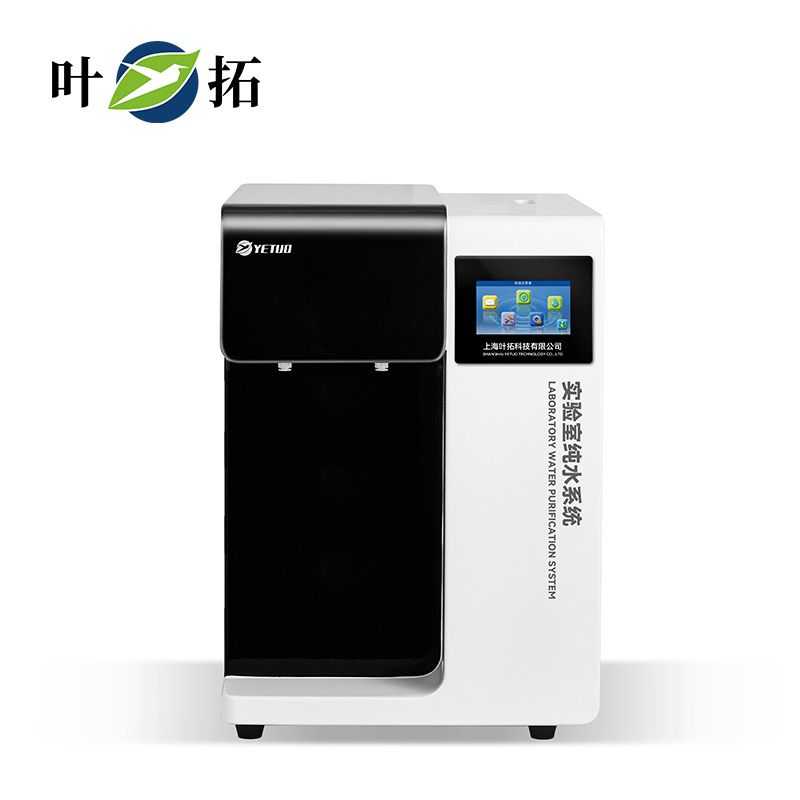1. Pre treatment system: Ultra pure water machines are usually equipped with a series of pre-treatment systems, including particle filters, activated carbon filters, and reverse osmosis membranes. The function of these pre-treatment systems is to remove impurities such as suspended solids, organic matter, bacteria, and ions from tap water. Particle filters can filter out impurities in large particles, activated carbon filters can remove organic matter and chlorine gas, and reverse osmosis membranes intercept ions and microorganisms in water through physical filtration mechanisms, providing preliminary water purification.
2. Reverse osmosis (RO) membrane: RO membrane is often used as the main water treatment technology in ultrapure water machines. RO membranes have efficient filtration capabilities and can effectively remove ions, microorganisms, and organic pollutants from tap water. The working principle of RO membrane is to utilize the characteristics of semi permeable membrane to allow water molecules to pass through the membrane and intercept ions and macromolecules, thereby achieving preliminary purification of water.
3. Subsequent processing: After RO membrane treatment, ultrapure water machines usually use further processing techniques such as ion exchange resin and electrode mixed bed. Ion exchange resin can remove residual ions such as sodium, calcium, magnesium, etc., further improving the purity of water. Electrode mixed bed is an advanced treatment technology that uses the combined action of cation and anion exchange resins to remove residual ions and organic substances from water, achieving ultra pure water quality.


 Alibaba Store
Alibaba Store Tmall Store
Tmall Store Jingdong Sstore
Jingdong Sstore







